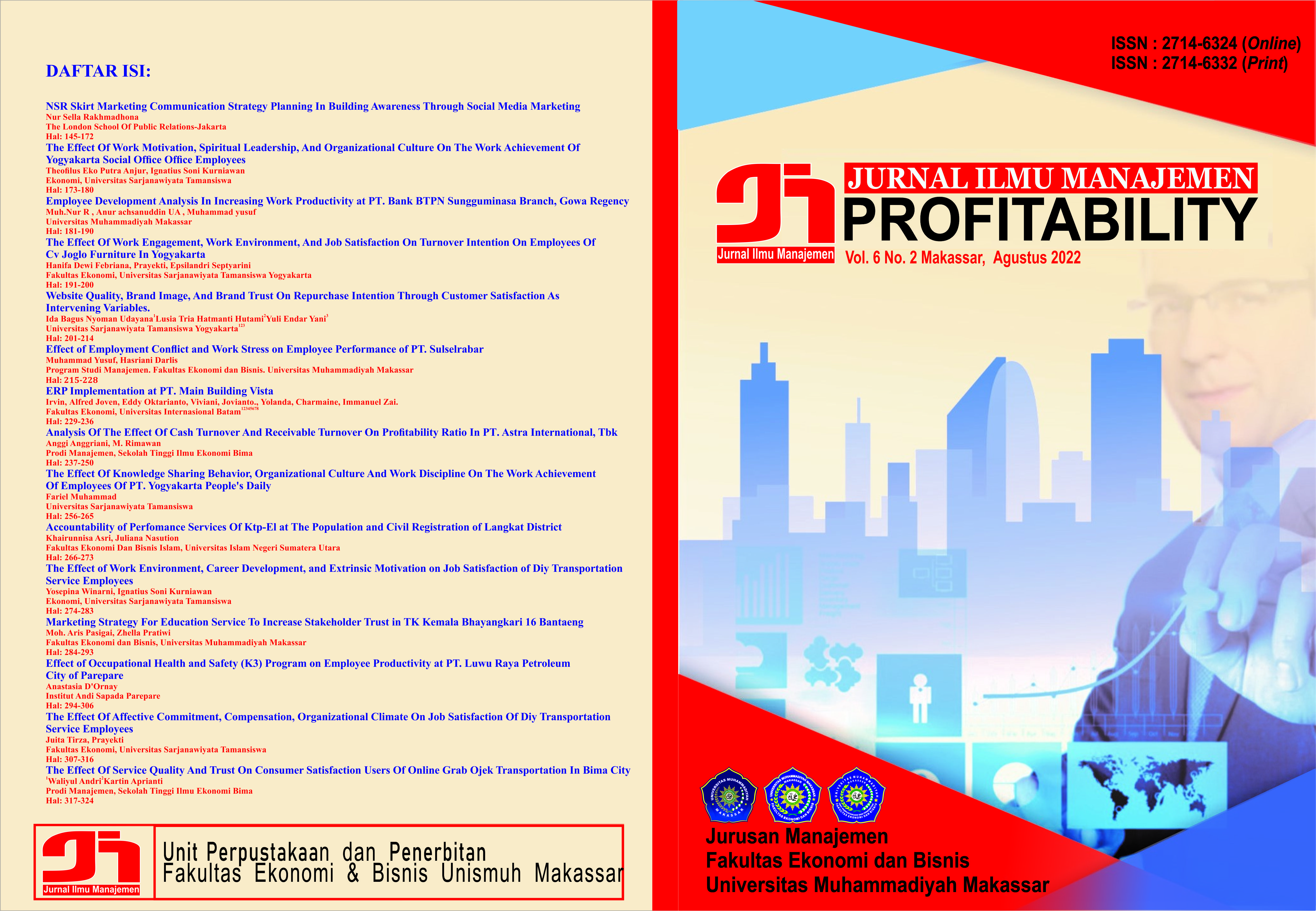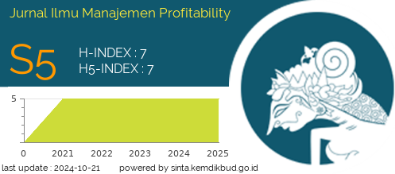Extending the ARC (Ask, Record, Confirm) Technique to Enhance Real-Time Member Checking: A Case Study at Malaysia’s Transport License Department
DOI: https://doi.org/10.26618/w5r53a53
extended ARC technique, real-time member checking, qualitative research, focus group discussion, blockchain in public sector
Abstract
This study introduces the Extended ARC (Ask, Record, Confirm) technique as a methodological innovation for enhancing real-time member checking in qualitative focus group discussions (FGD). Building on the original ARC technique, the Extended ARC integrates physical and digital tools to improve transparency and rigour in data validation. Conducted at the Transport License Department (TLD) with operational officers engaged in a blockchain-based e-payment workflow, the method employed Google Forms for structured engagement, Google Sheets for real-time visualisation, and ATLAS.ti 25 for analysis. Implemented in seven phases that begin with preparation, logistics setup, thematic discussion, response submission, live monitoring, clarification, and final validation. The process enabled dynamic capture, refinement, and confirmation of participant input during the session. Real-time validation reduced the need for post-session transcription and strengthened the trustworthiness, dependability, and confirmability of findings. A deductive thematic analysis of the verified data yielded insights into blockchain’s suitability for improving inter-organisational collaboration workflow in the e-payment systems. By addressing the limitations of conventional member checking, the Extended ARC demonstrates methodological innovation, contextual adaptability, and offers a replicable framework for qualitative research in complex institutional environments.
References
Bang, T. C. (2024). Ensuring Credibility and Trustworthiness in Qualitative Inquiries. In Applied Linguistics and Language Education Research Methods: Fundamentals and Innovations (pp. 70–85). IGI Global. https://doi.org/10.4018/979-8-3693-2603-9.ch006
Barbour, R. (2018). Doing Focus Groups. SAGE Publications Ltd. https://doi.org/10.4135/9781526441836
Birt, L., Scott, S., Cavers, D., Campbell, C., & Walter, F. (2016). Member Checking: A Tool to Enhance Trustworthiness or Merely a Nod to Validation? Qualitative Health Research, 26(13), 1802–1811. https://doi.org/10.1177/1049732316654870
Braun, V., & Clarke, V. (2006). Using thematic analysis in psychology. Qualitative Research in Psychology, 3(2), 77–101. https://doi.org/10.1191/1478088706qp063oa
Dwyer, A. A., Uveges, M., Dockray, S., & Smith, N. (2022). Advancing qualitative rare disease research methodology: a comparison of virtual and in-person focus group formats. Orphanet Journal of Rare Diseases, 17(1), 354. https://doi.org/10.1186/s13023-022-02522-3
Elsharkawy, N. B., Alruwaili, A. N., Elsayed Ramadan, O. M., Alruwaili, M. M., Alhaiti, A., & Abdelaziz, E. M. (2025). Barriers to reporting workplace violence: a qualitative study of nurses’ perceptions in tertiary care settings. BMC Nursing, 24(1). https://doi.org/10.1186/s12912-025-03039-3
Fathi, B., Rahimi, G., & Nejhad Haji Ali Irani, F. (2025). Quantitative Analysis of Factors Affecting the Realization of Smart Government in Iran with Emphasis on the Dimensions of Digital Governance. Digital Transformation and Administration Innovation, 3(1). https://doi.org/10.61838/dtai.3.1.8
Forbat, L., & Henderson, J. (2005). Theoretical and Practical Reflections on Sharing Transcripts With Participants. Qualitative Health Research, 15(8), 1114–1128. https://doi.org/10.1177/1049732305279065
Hasson, F., Jordan, J., McKibben, L., Graham-Wisener, L., Finucane, A., Armour, K., Zafar, S., Hewison, A., Brazil, K., & Kernohan, W. G. (2021). Challenges for palliative care day services: a focus group study. BMC Palliative Care, 20(1), 11. https://doi.org/10.1186/s12904-020-00699-7
Kamminga, N. C. W., Wakkee, M., De Bruin, R. J., van der Veldt, A. A. M., Joosse, A., Reeder, S. W. I., Plaisier, P. W., Nijsten, T., & Lugtenberg, M. (2023). Oncological healthcare providers’ perspectives on appropriate melanoma survivorship care: a qualitative focus group study. BMC Cancer, 23(1), 278. https://doi.org/10.1186/s12885-023-10759-9
Koelsch, L. E. (2013). Reconceptualizing the Member Check Interview. International Journal of Qualitative Methods, 12(1), 168–179. https://doi.org/10.1177/160940691301200105
Korzenevica, M., Lemma, E. F., Grasham, C. F., Anmol, K. T., Esukuku, D. E., Hossain, F., Musyoka, M. M., Nowicki, S., Omia, D. O., & Bukachi, S. A. (2025). Participation, inclusion and reflexivity in multi‐step (focus) group discussions. Area. https://doi.org/10.1111/area.70008
Liamputtong, P. (2019). Qualitative Research Methods, 5th edition.
Lincoln, Y., & Guba, E. (1985). Naturalistic inquiry. Sage.
Marley, G., Kay Jin Tan, R., Wang, T., Li, C., Byrne, M. E., Wu, D., Wang, C., Tang, W., Ramaswamy, R., Luo, D., Sylvia, S. S., & Tucker, J. D. (2023). Online Focus Group Discussions to Engage Stigmatized Populations in Qualitative Health Research: Lessons Learned. International Journal of Qualitative Methods, 22. https://doi.org/10.1177/16094069231204767
Md Rami, A. A., Ismail, I. A., Arshad, M. M., & Zulkifly, N. A. (2024). Expanding Views of Youth Leadership: The Key Attributes Contributing to the Success of Youth Leadership. International Journal of Academic Research in Business and Social Sciences, 14(8). https://doi.org/10.6007/IJARBSS/v14-i8/22556
Menary, J., Stetkiewicz, S., Nair, A., Jorasch, P., Nanda, A. K., Guichaoua, A., Rufino, M., Fischer, A. R. H., & Davies, J. A. C. (2021). Going virtual: adapting in-person interactive focus groups to the online environment. Emerald Open Research, 3, 6. https://doi.org/10.35241/emeraldopenres.14163.2
Mohd Nor, N., Zakaria, Z., Yano, J., & Mohd Pisal, S. M. (2024). End-of-Life Vehicle (ELV) Management Framework for Local Government in Klang Valley, Malaysia. https://doi.org/10.2139/ssrn.4995829
Morgan, D. L. (1997). Focus groups as qualitative research ((Vol. 16).). SAGE Publications.
Nazeer, N., Ali, S., & Rind, A. (2022). Using Mixed-Method to Explore Barriers and Cues to Action in Adoption of Green Banking Practices in Commercial Banks of Pakistan. International Journal of Finance, Insurance and Risk Management, 12(Issue 4), 136–153. https://doi.org/10.35808/ijfirm/338
Saldaña, J. (2013). The coding manual for qualitative researchers [Kindle edition]. Retrieved from: Amazon. Com, 303.
Schafer, R., & Phillippi, J. C. (2025). Updating and Advancing Member-Checking Methods: Use of Video and Asynchronous Technology to Optimize Participant Engagement. International Journal of Qualitative Methods , 24, 1–10. https://doi.org/10.1177/16094069251315395
Sonet, U. N., & Shahruddin, S. (2024). Identifying Barriers for Sustainable Townscape Development: Challenges in Malaysia. Journal of Construction in Developing Countries, 29(S1), 19–35. https://doi.org/10.21315/jcdc.2024.29.S1.2
Stewart, D. W., & Shamdasani, P. (2017). Online Focus Groups. Journal of Advertising, 46(1), 48–60. https://doi.org/10.1080/00913367.2016.1252288
Thomas, B., Arapa, A., Nordin, J., Aning, I. N. A., & Jalil, S. Z. (2025). Navigating Boundaries: Uncovering Constraints in Focus Group Discussion Within the Context of Security Issue. Social and Management Research Journal, 22(1), 17–28. https://doi.org/10.24191/smrj.v22i1.6540
Wirtz, B. W., Weyerer, J. C., & Schichtel, F. T. (2019). An integrative public IoT framework for smart government. Government Information Quarterly, 36(2), 333–345. https://doi.org/10.1016/j.giq.2018.07.001
Zairul, M. (2019). Introducing ARC (ask, record and confirm) as the new validating technique in real-time. IOP Conference Series: Earth and Environmental Science, 385(1). https://doi.org/10.1088/1755-1315/385/1/012010
Zairul, M. (2021). Can Member Check Be Verified in Real Time? Introducing ARC (Asking, Record, Confirm) for Member Checking Validation Strategy in Qualitative Research. Engineering Journal, 25(1), 245–251. https://doi.org/10.4186/ej.2021.25.1.245
Zairul, M., Abdullah, H., D’silva, J. L., Dahalan, D., & Harun, S. R. (2023). Real-Time Data Validation in Online Focus Groups: A Modified ARC Technique for Focus Group Data Collection. https://doi.org/10.2139/ssrn.4614753
Downloads
Published
Issue
Section
License
Authors who publish with Jurnal Ilmu Manajemen Profitability agree to the following terms:
Copyright of the articles remains with the authors.
Authors grant the journal the right of first publication with the work simultaneously licensed under a Creative Commons Attribution-NonCommercial 4.0 International License (CC BY-NC 4.0). This license allows others to:
Share (copy and redistribute the material in any medium or format)
Adapt (remix, transform, and build upon the material)
as long as they give appropriate credit to the original author(s) and source, provide a link to the license, and indicate if changes were made. Non-commercial use only.
Authors are permitted to:
Distribute their published work (e.g., post it to an institutional repository or publish it in a book), with an acknowledgment of its initial publication in this journal.
Enter into separate, additional contractual arrangements for the non-exclusive distribution of the journal’s published version of the work (e.g., post it to a class website or institutional archive).
For permissions to use the content published in this journal beyond the scope of the license (e.g., commercial purposes), please contact the editorial office via the journal email.
License Details:
This journal is licensed under a Creative Commons Attribution-NonCommercial 4.0 International License (CC BY-NC 4.0).












